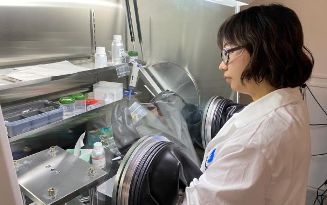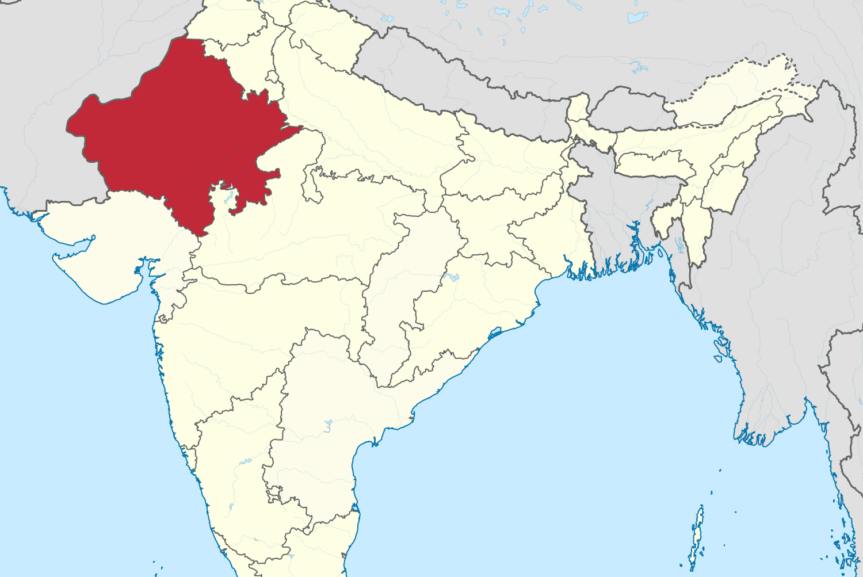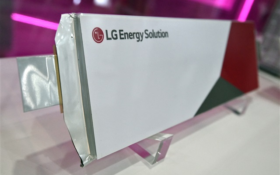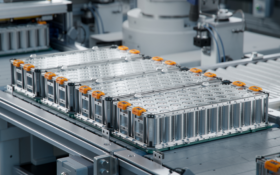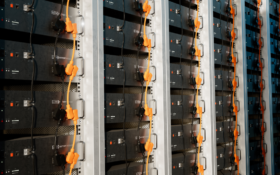Specialty alumina technology and production company Altech Chemicals has announced a significant breakthrough in lithium-ion battery technology by cracking the “silicon barrier”.
The firm’s research and development laboratory in Western Australia has developed lithium-ion battery anode materials with around 30% higher retention capacity compared to conventional lithium-ion battery anode materials.
The firm combined silicon particles treated with its proprietary technology using regular battery-grade graphite to produce a composite graphite/silicon anode.
In tests, Altech reported its anode material averaged energy retention capacity of ~430mAh/g, compared to a normal lithium-ion battery anode at around 330mAh/g.
Altech also reported the batteries demonstrated good stability and cycling performance, although this data was not released.
The materials were subjected to a series of tests, including charge and discharge cycling.
Previously unresolved impediments for using silicon in lithium-ion battery anodes include: silicon-particle-swelling by up to 300% in volume during battery charge; prohibitive first-cycle-capacity- loss of up to 50% (silicon deactivates a high percentage of the lithium ions in a battery); and rapid battery degradation.
These issues appear to have been resolved by using the composite graphite/silicon anodes.
The Altech research and development team was headed by Doctor Jingyuan Liu.
Altech’s managing director, Iggy Tan said: “This major achievement is not just a significant breakthrough for us, but also for the lithium-ion battery industry generally.
“Especially given the 2020 public statement by US electric vehicle manufacturer Tesla, which said that its aim is to increase the amount of silicon in its batteries to achieve step-change improvements in energy density and battery life.
“A 30% higher energy capacity lithium-ion battery would translate not just to significant cost benefits, but also to potentially increased range for electric vehicles.”
Phase 2 of Altech’s planned research and development program will see the company try to improve on the 30% energy increase, and could include the assembly of a pilot plant.
In terms of potential commercialisation of its technology, the company’s 75% owned subsidiary Altech Industries Germany has commenced a pre-feasibility study for construction of a 10,000tpa battery materials plant in Saxony, Germany to service the European lithium-ion battery market.

